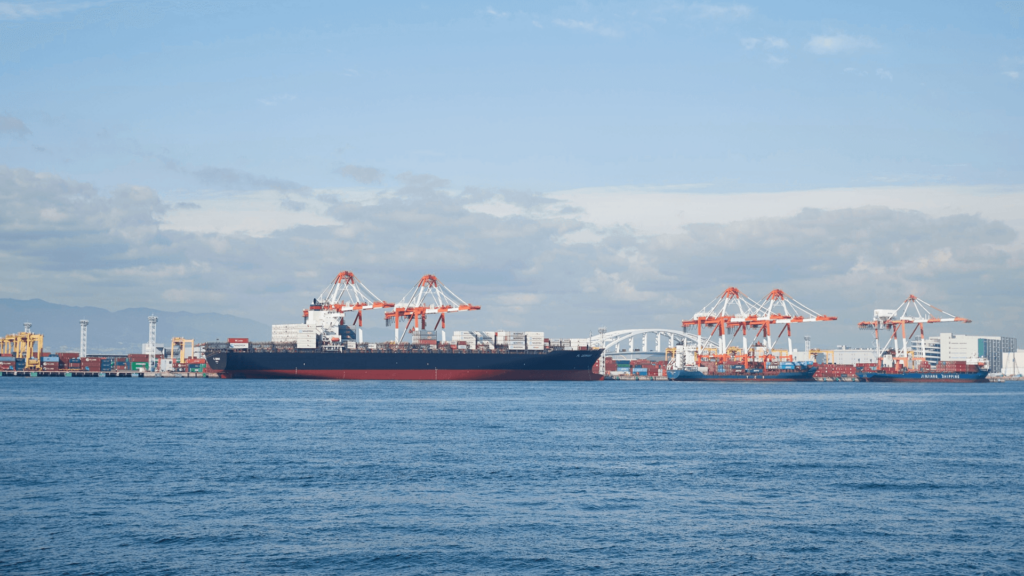
Railway transport is the backbone of sustainable mobility. The modal share of passengers transported by rail in the EU Member States reached 6.9% in 2018. According to the recently released ‘Sustainable and Smart Mobility Strategy’, high-speed rail traffic should triple by 2050. To make this happen TEN-T corridors need to be completed by 2030. More cross-border projects will be needed to integrate all Member States into the European rail system of the future, in turn establishing smooth interconnections for cross-border rail travel across Europe. To speed up the process, the European Commission will propose in 2021 an action plan to boost long-distance and cross-border passenger rail services.
The year 2020 has shown that the railway system is not only sustainable and safe, but also very resilient. The post-Covid-19 period is a unique opportunity for railway undertakings to tap the unused potential and develop more rail passenger services, especially in cross-border contexts. In the new post-Covid-19 world, night trains could increasingly compete with short haul flights and stimulate European tourism, making the increasing supply of international rail passenger services vital for the success of the European Green Deal and for completing the Single European Railway Area. Recently significant steps have been made in that direction: four big European rail companies are giving night trains a boost. Despite of these latter improvements the degree of competition in the railway sector remains fairly low.
The 4th Railway Package was set to complete the market opening process by reducing competitive imbalances and harmonising regulations among the national-rail systems. The main aim is to give all players equal access to national markets; to encourage competition and innovation; and to boost safety, interoperability, and reliability across the region. There have been occasional attempts in the past at national level and the full market opening as of 14 December 2020 opens to considerable changes for the development of the European Railway Area.
Opening of the EU long-distance passenger-rail market will have significant impact for both operators and investors, potentially benefiting the entire rail industry. It could mean more international city to city connections, more frequent path usage and cross-border services, including night train services. However, to make these processes run smoothly, there is still room for enhancement.
The harmonised EU-wide vehicle approval, which would result in reduction of costs for cross-border trains, has just started. Fair track access charges for the new entrant operators must be guaranteed to allow a competitive framework. Another bottleneck is the rolling stock. Liaison of standard trains to minimise investments and fair access to the state guarantees and financial opportunities for all operators, is how it should work in theory, but the question remains: if it will be manageable in practice. Passengers’ awareness about their rights should be improved, and non-discriminatory provision of travel information should be ensured, including through-ticket offers.
Against this backdrop, the 21st Florence Rail Forum, co-hosted by the Transport Area of the Florence School of Regulation and the Commission’s DG MOVE, will provide a well-timed platform for discussion on the possible development of international passenger corridors, likewise international rail freight corridors. These corridors would support the development of long-distance and cross-border rail passenger services. Stakeholders representing rail infrastructure managers, railway undertakings, national regulatory and governmental bodies, among others, will have an opportunity to discuss issues central to the future of international passenger rail travels.
In particular, participants will be invited to critically discuss the capacity of corridors, harmonisation of standards for track access charges, as well as ticketing system.
Please kindly note that this event is by invitation only.
SPEAKERS’ PRESENTATIONS:
Setting the scene: Market opening and International Passenger Corridors (IPCs)
Matthias Finger | Florence School of Regulation, Transport Area
Maurizio Castelletti | European Commission, DG MOVE
Session A – Can we create efficient capacity for the development of long-distance and cross-border passenger rail services over IPCs?
Robér Bormann | Swiss Federal Railways and Erwin Kastberger | Austrian Federal Railways
Session B – How to harmonise track access charges along the IPCs?
Germano Guglielmi | Ferrovie dello Stato
Session C – Can we make progress in digital platforms for on-line search and ticket purchase, including through ticketing?
Gerhard Wennerström | Samtrafiken
Eric Mink | Dutch Ministry of Infrastructure and Water Management

The 4th Florence Rail Regulation Conference aims to discuss advancements for accelerating the growth of the railways in the EU.…

The 3rd Florence Aviation Regulation Conference aims to discuss current and future economic and regulatory policies relating to European air…

The 1st Florence Maritime Regulation Conference aims to discuss regulatory advancements that accelerate the competitiveness and sustainable development of shipping,…
To meet, discuss and learn in the channel that suits you best.